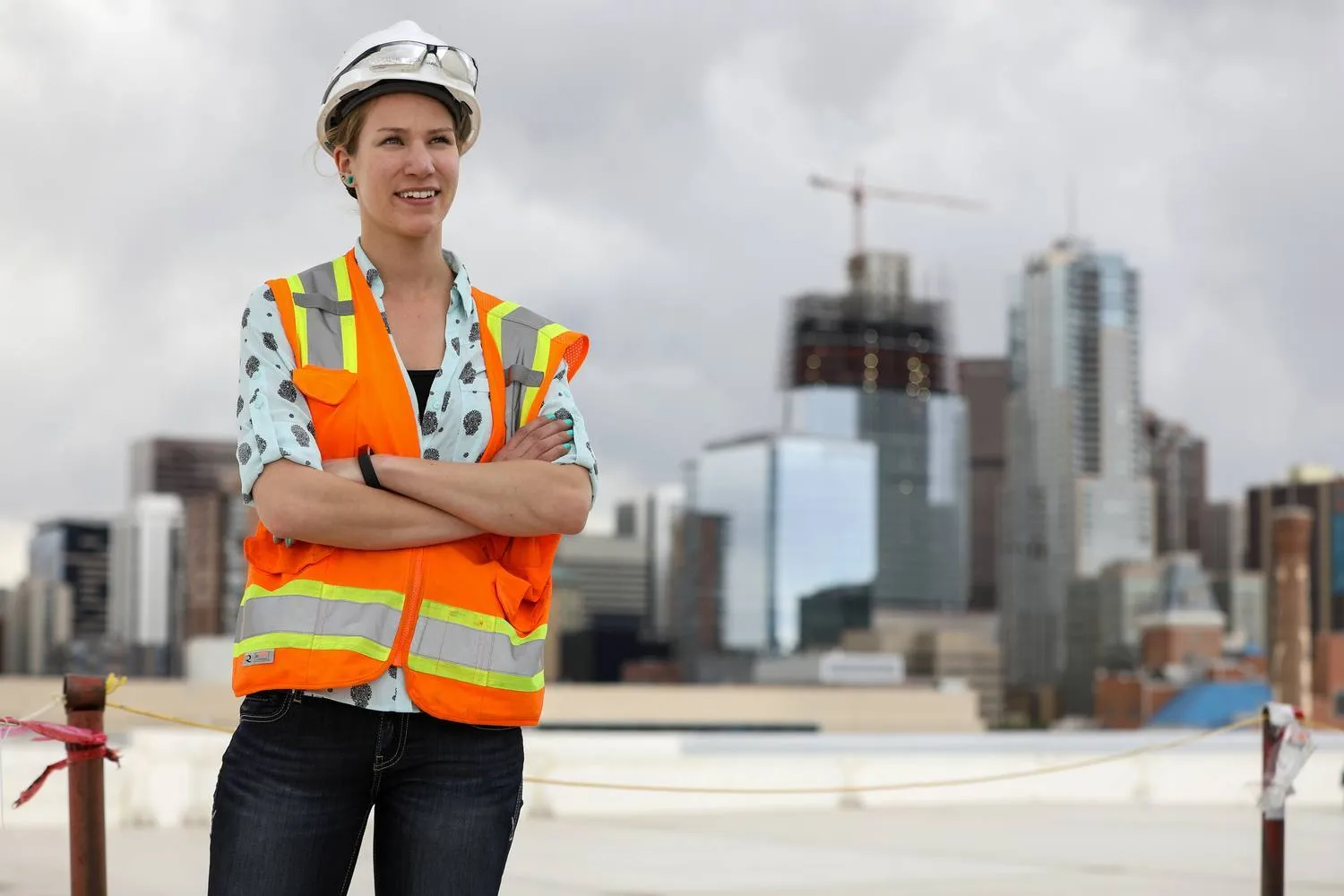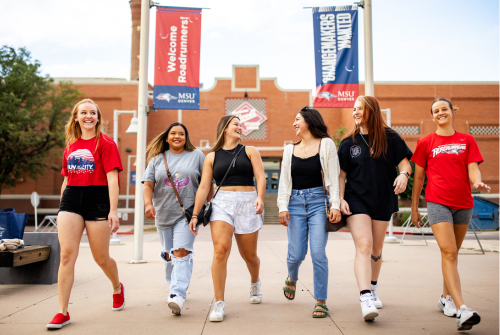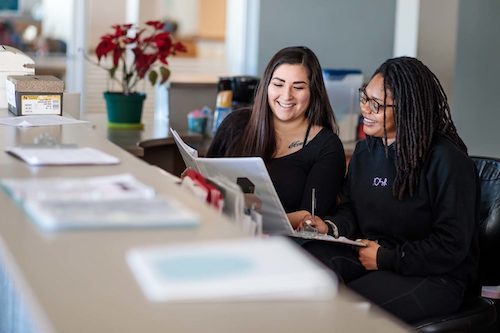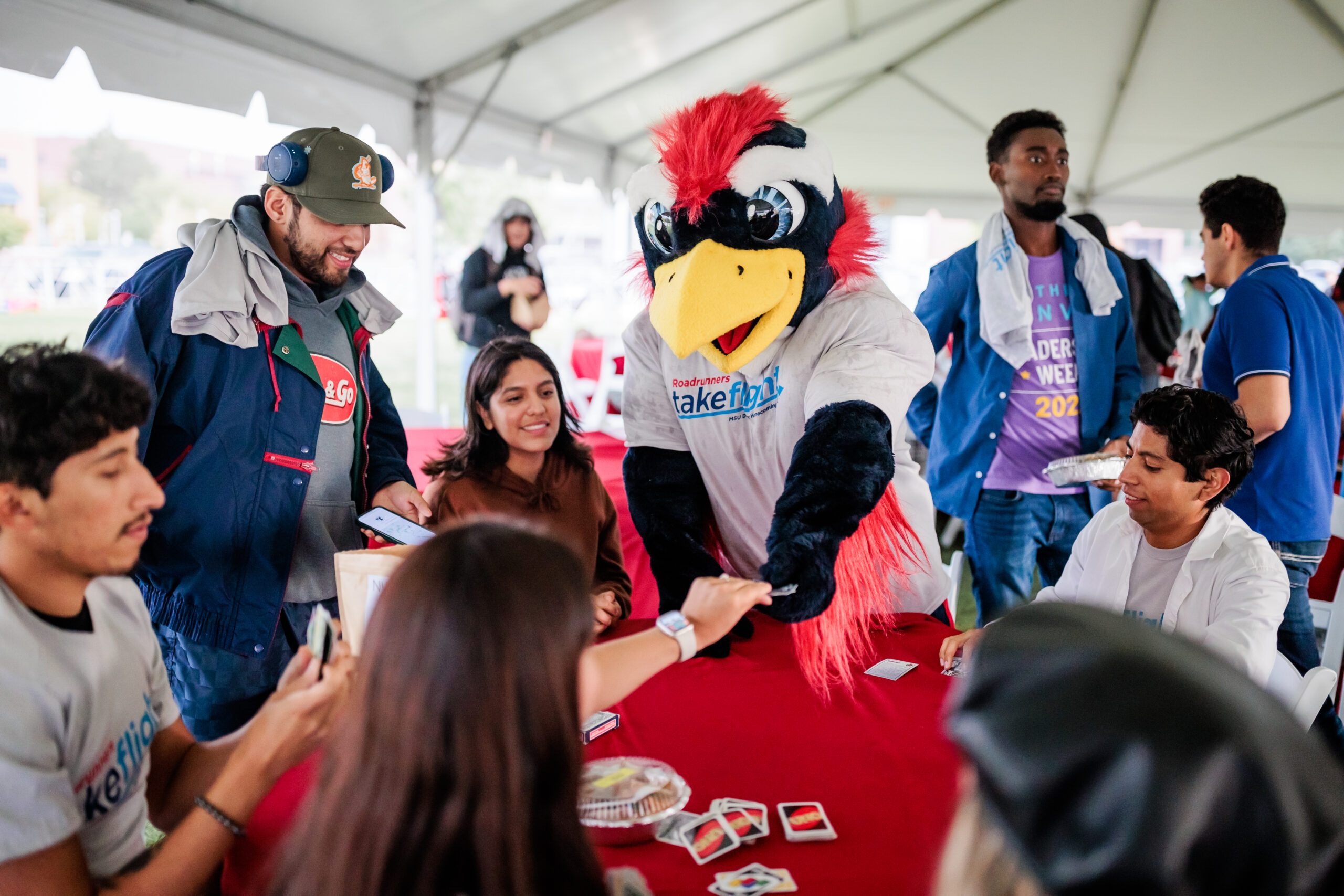Cultivate
Provides opportunities inside and outside the classroom to cultivate and enhance your overall learning and academic experience.

Civil Engineering Technology (CET) graduates apply engineering principles in performing many of the tasks necessary for the planning and construction of highways, buildings, railroads, bridges, reservoirs, dams, irrigation works, water systems, airports, and other structures. Graduates may participate in estimating costs, preparing specifications for materials, and in surveying, drafting, and design work. In recent years, a major work area for civil and environmental engineering technology has involved environmental problems. This area includes the design and construction of water supply facilities and the design of wastewater collection and treatment facilities.
There are nine essential skills you should have in order to find, acquire, maintain, and grow within a job.
Essential skills built through majoring in Environmental Engineering include:
Click here to learn more about each essential skill.
Students graduating from Civil Engineering Technology find themselves most often in Construction Industry, Transportation, and Structural Design and Consulting
Click here to explore career opportunities by major.
Students who choose to pursue a graduate degree often consider these pathways:
Click here to learn more about applying to graduate school.

Provides opportunities inside and outside the classroom to cultivate and enhance your overall learning and academic experience.

Highlights activities you can engage and participate in globally, nationally and locally to enhance your essential skills and start building your resume.

Lists steps to prepare for postgraduate success whether that's entering the workforce, attending graduate school or pursuing other goals and plans.
Major milestones consist of activities students should complete during their first year, middle years and last year at MSU Denver. These milestones will help prospective and current students explore major and career options and create a year-by-year plan to integrate curricular (what happens inside the classroom), co-curricular (what happens inside and outside the classroom, and non-curricular (what happens outside the classroom) experiences. For example, milestones might list specific classes student should take at specific times along their journey or may suggest when students should participate in research opportunities with faculty members.
Simply put, Major Milestones are meant to enhance your student experience and set you up for success.
To use this tool to the fullest, follow these steps
All options listed below are available in-person and online unless noted otherwise.



Connect with Us
Phone: (303) 615-0499
Email: [email protected]
Campus Location:
Aerospace and Engineering Sciences Building (AES)
Room: 300
1449 7th St., Denver, CO 80204